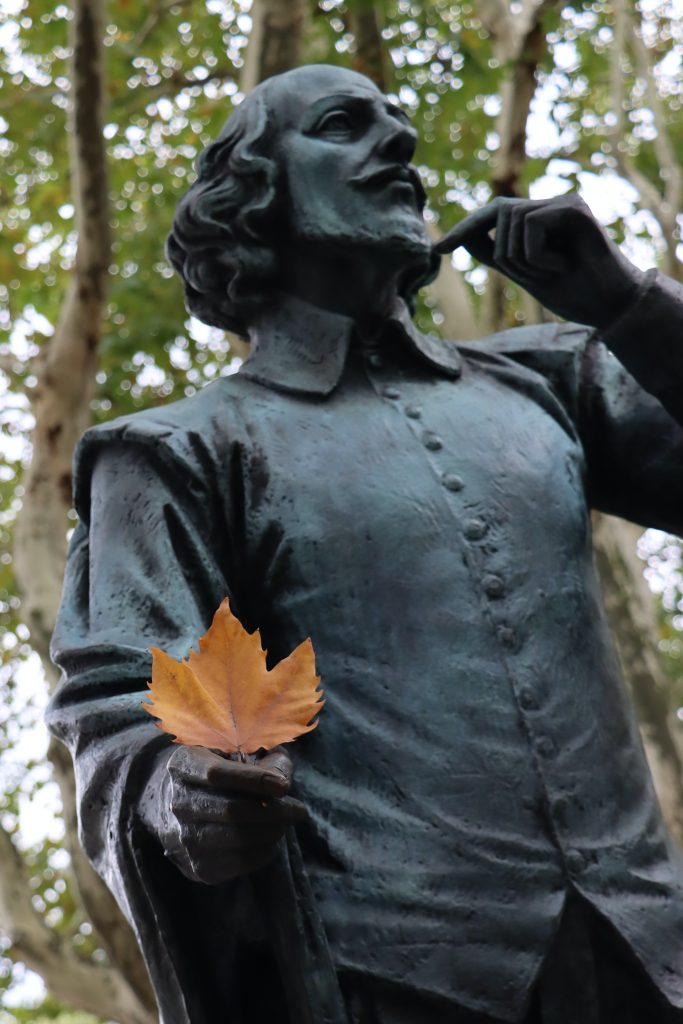
Shakespeare is a bonnie bee in my bonnet that I could never shake loose, as a poet, a writer, the daughter of a very verbal mother and a father who loves an amusing pun or turn of phrase. The bard’s language permeates the English vernacular the world over and we barely even know it, so buried are the words in the sands of time. Salad days, neither a borrower nor a lender be, zany….
When I was seven and eight years old I was convinced that I would grow up to be a playwright, mini Wendy Wasserstein. I scripted and staged plays in the following years in school and summer camps and for (cringe) student council conventions, for puppets, for people, for puppets and people, for student leaders. I used the big words and plot elements that I learned from my midnight reading of chapter books, long after my mother had wearily called lights out for the last time. I could write a play like no one’s business and often did.
Yet something happened, something changed, as so often it does, and I wasn’t even sure what it was. I kept reading. I kept writing. Shakespeare made his appearances every year at school, again and again, and left his impression. Some of my most vivid memories from that time are of reading Romeo and Juliet, Hamlet, Othello, A Midsummer Night’s Dream, and the discussions that followed in those classes. Sonnets, too, but less so. Give me the Jungian myth, the universal story, the feelings and reactions to which every single human can relate.
When I returned in earnest to writing at forty, after many years neck-deep in corporate achievements and climbing various silly ladders, the old playwright muscles began to twitch. Shakespeare’s corpus always seemed to glimmer in the distance, enduring phrases well-turned that I might imbibe and absorb. But it’s not easy material to read on your own. It has to be seen, heard, felt. For a while in the US I vowed to go to any and all Shakespeare productions, even in public schools, be they ever so humble, but it never really seemed to happen. Jason took me on a campus Valentine’s date in 2014 to hear an academic talk about love in Shakespeare’s plays, but the prim professor simply cataloged the instances in which he mentioned love.
Living in Italy, I feel very close to Shakespeare; after all, he borrowed many of his tropes and templates from the commedia italiana, no matter what other conspiracy theories my reading audience might subscribe to (he was from Palermo, he was Edward De Vere, someone else wrote it all, etc. etc.). Names of characters, plots and outcomes are all common to this shared Italian culture. Centuries before the cinematic era, these were the wide release films.
In 2020, I aimlessly planned my first Shakespeare project and watched Twelfth Night for Epiphany, starring Joan Plowright and many wimples. Then the pandemic happened. I was one of those people who did disappear into reading and writing in the upside-down world. The words that came to me again and again after the 2016 election became a louder drumbeat – art and lit will save us, it will be all that remains.
I wrote my own pieces in the following year, but the Shakespeare project kept nagging at me – to read and watch all the plays. I felt acutely that my education failed me in the sense that I had not read every single one of Shakespeare’s works, but this was perhaps my inner prim professor talking. (To be fair, I was envious of the prim professor’s knowledge at the lectern in 2014.) As a writer, I longed for the linguistic communion of one who could raise the bar. Why not the bard? RAISE THE BARD. I got halfway through my list, and then summer travel struck, and the rientro – the school year starting, then weeks of a sick house.
I thought reading the plays would reveal tricks of plot and action for me in my solitary creative travails. I learned instead, again and again, that Shakespeare reaches for familiar tropes of character and action, the armatures upon which to weave his words. Plot and character and action? Recycled at will and blithely so. Babies lost, babies found, lovers dead, every possible -cide, shipwrecks, assumed identities, mysteries, and more murders. Town drunks and weddings galore. Shakespeare stitches them all together because what he really wants is to wring new poetry out of old words.
So now I am more than halfway through all the Shakespeare plays. I read and watch the piece, wherever I may find it, and then write my midlife version of a “response paper.” And as when I read Moby Dick last year, I am grateful to come to these works as a mature reader and an incessant writer. I see and hear things that never would have occurred to a younger me. This is why the classics persist: for the emotional wisdom they carry. And who would turn their back on an assembled trove of centuries of accumulated psychological wisdom? In fact, this is why I am always receptive to the Auld Wisdom, whether it come in church or dreams, magick or seasons, calendars or chants, song or story. I am grateful to commune with Will in whatever form I find him. It’s always time well spent. And every piece yields up its treasures with just a little patience from the reader. I tried to get different friends to do this with me, and people were all, mmmm ok Monica, you go do that. No worries. I am glad I did. Maybe the Shakespeare Project is best undertaken as a solo endeavor.
So, now you know why I’m mired in this madness. I’ll finish soon, God willing. And perhaps after read all the sonnets. And then the Marlowe plays, which I ambitiously purchased last year “to read in the fall, because I’ll have leftover months after I finish Shakespeare.”
Thanks for joining me in any part and to any degree on my Shakespeare Project!



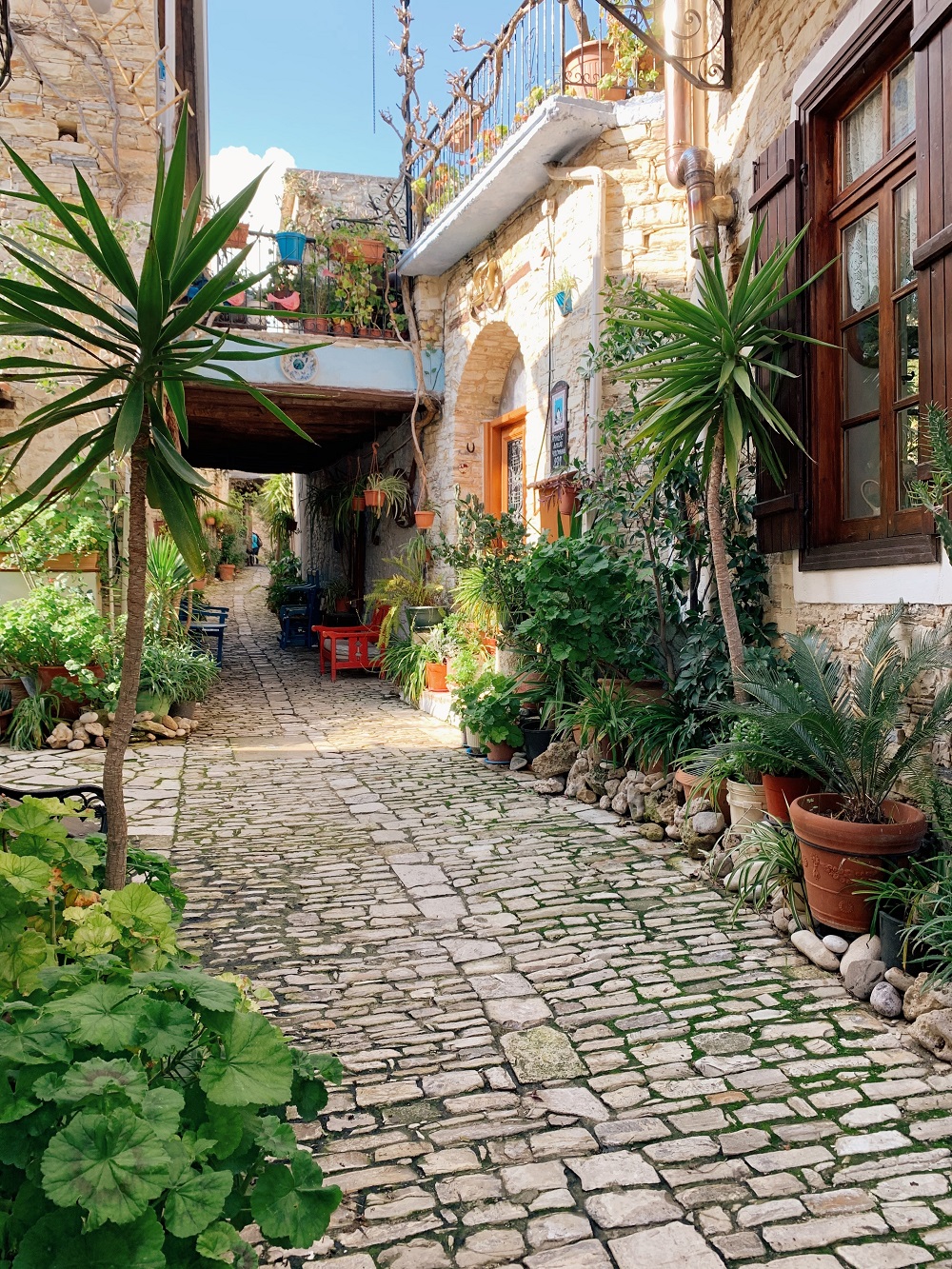


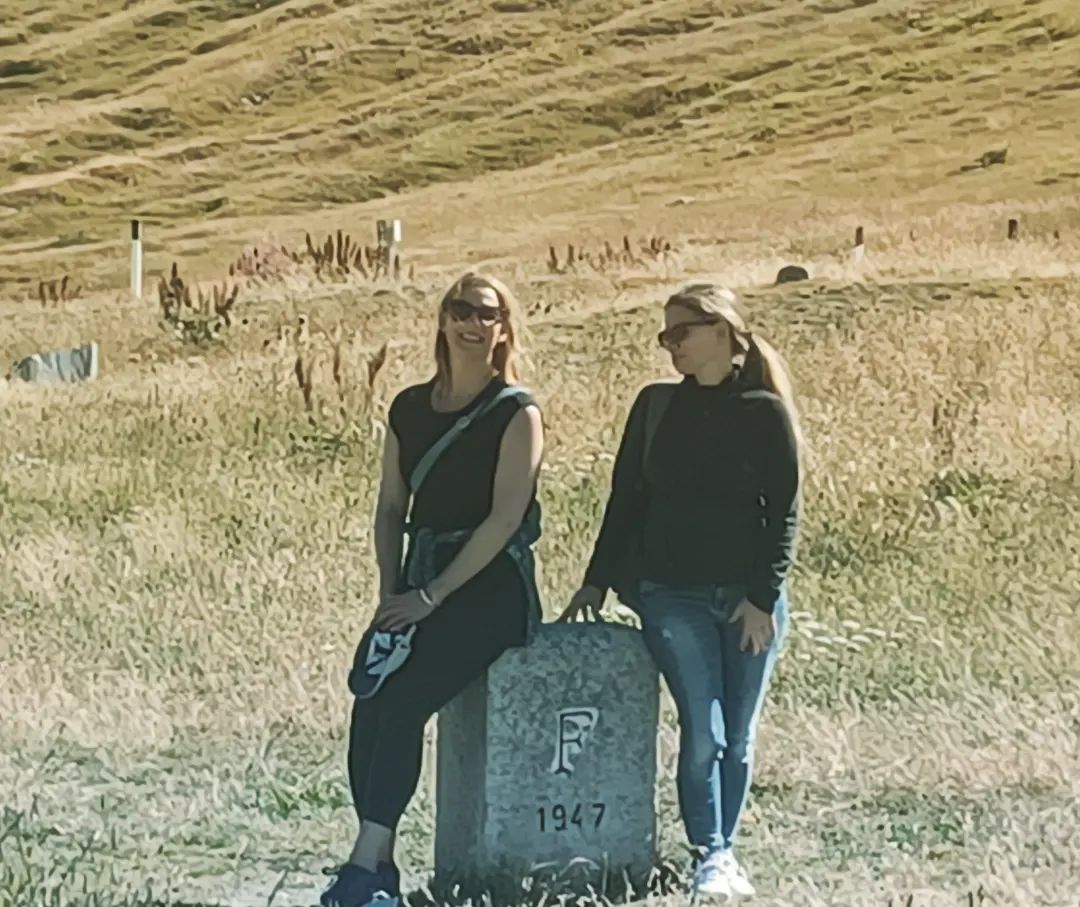
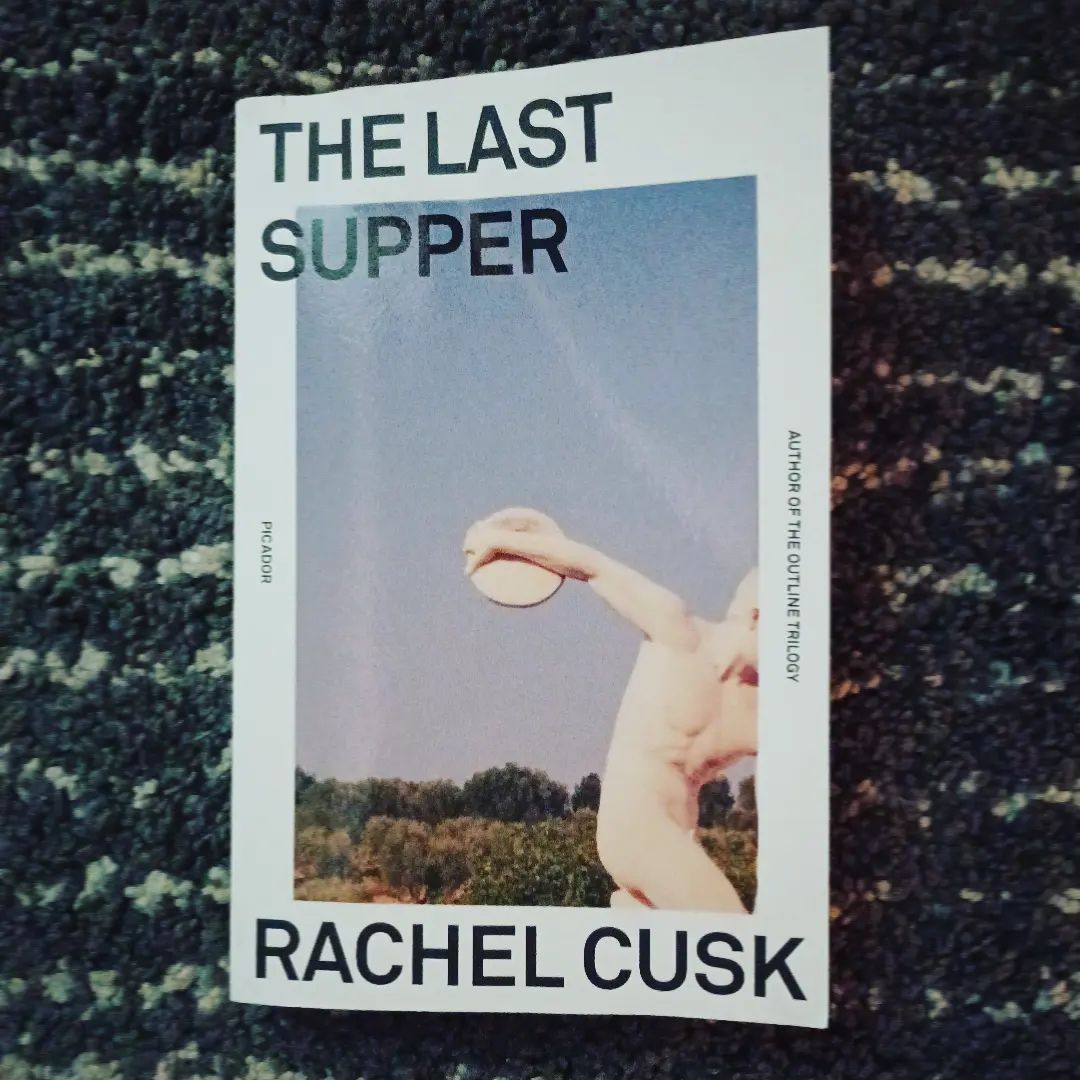
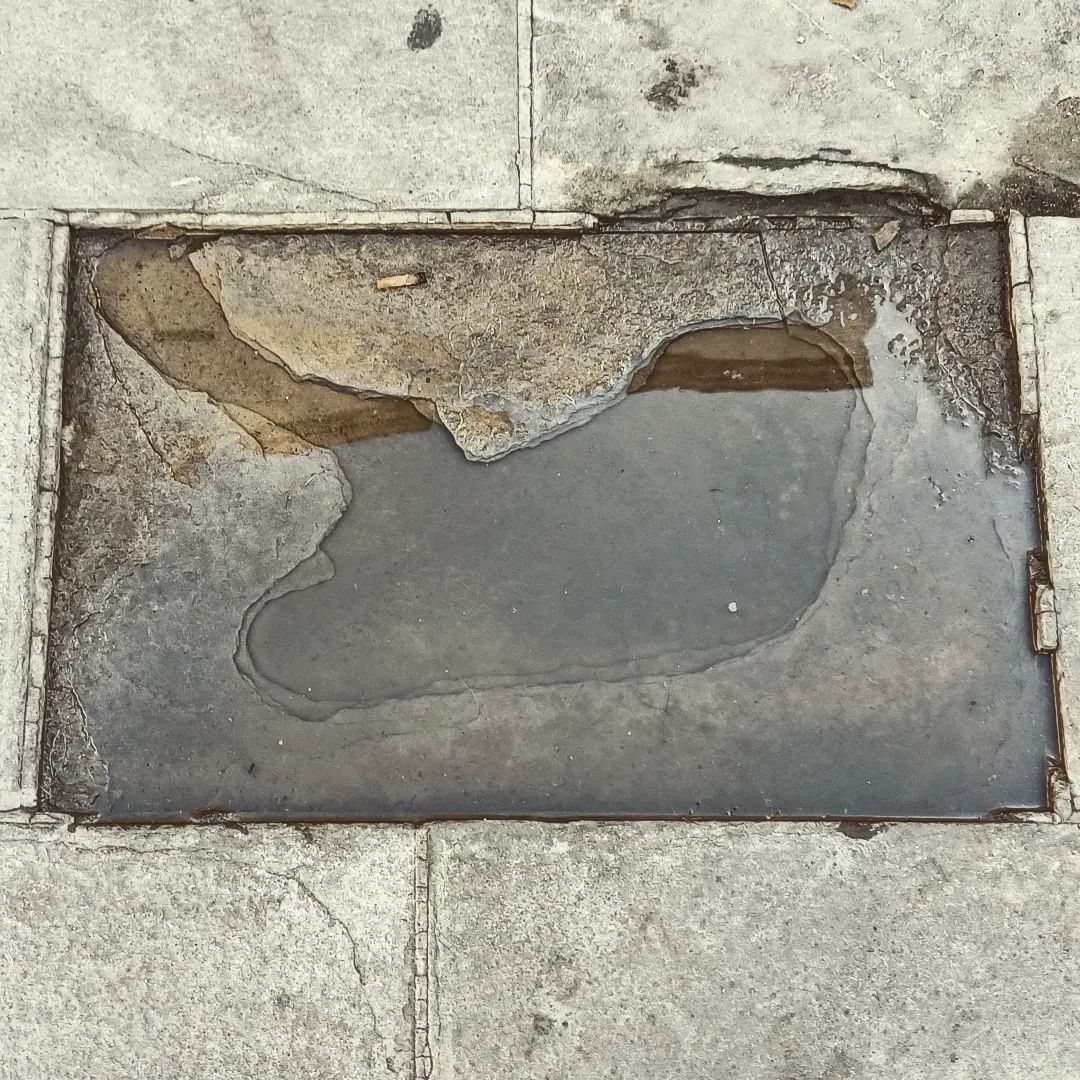
One Response